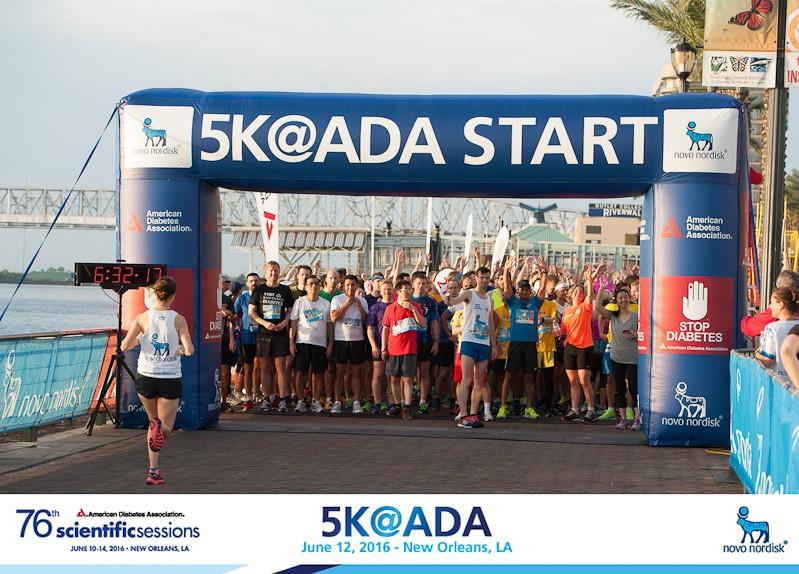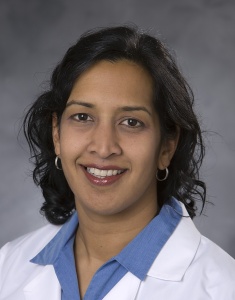
 Post submitted by: Ranee Chatterjee Montgomery, MD, MPH
Post submitted by: Ranee Chatterjee Montgomery, MD, MPH
__________________________
I have been attending the American Diabetes Association’s annual Scientific Sessions meeting since 2009 when it was held in New Orleans. This year, 2016, the meeting returned to New Orleans, and so I feel like I have completed a complete circuit!
Through the years, I have learned better how to navigate this enormous meeting with hundreds of oral abstracts, posters, moderated posters, symposia, and key-note lectures to choose from. These are organized by tracks which, this year, included: acute and chronic complications; Behavioral Medicine, Clinical Nutrition, Education, and Exercise; Clinical Diabetes/Therapeutics; Epidemiology/Genetics; Immunology/Transplantation; Insulin Action/Molecular Metabolism; Integrated Physiology/Obesity; Islet Biology/Insulin Secretion.
The sessions are diverse and satisfy clinicians, diabetes educators, and researchers. I have come to look forward to the President’s address which this year was entitled “Diabetes @ 212 degrees — Confronting the Invisible Disease“, and which encouraged everyone to take diabetes, both type 1 and type 2, as seriously as other epidemics which have been met with a more urgent response and, in some cases, cures—such as HIV, hepatitis C, and now, hopefully, the Zika virus. The scientist who was awarded the Banting Medal for Scientific Achievement discussed her important research related to the biology of adipocytes and its role in diabetes. The Kelly West award lecture in epidemiology discussed recent trends in diabetes—both the positive, with a plateauing of incident cases in adults, as well as the concerning trends, with the rising epidemic of type 2 diabetes in the youth.
In my moderated poster session, “Potassium Channel Genetic Variants Are Not Effect Modifiers of the Association between Serum Potassium and Diabetes Risk: The Atherosclerosis Risk in Communities (ARIC) Study and Jackson Heart Study (JHS)”, I was able to share my own research interest of potassium as a potentially modifiable risk factor for diabetes and received good feedback.
“For me, the main highlight of attending this meeting annually is a chance for me to catch up with colleagues and mentors from other institutions”
For me, the main highlight of attending this meeting annually is a chance for me to catch up with colleagues and mentors from other institutions—from Emory where I received my MPH, from Johns Hopkins where I did my clinical research fellowship, and colleagues with whom I am collaborating currently such as the PI of the D2d study and the director of the Jackson Heart Study.
Finally, each year, Novo Nordisk sponsors the 5K@ADA run which is always bright and early on Sunday morning before the sessions start for the day. This year in New Orleans, it was hot and muggy, and not a good run for me, but the rest of the meeting was worth all of the humidity that New Orleans had to offer! Next year, in San Diego, I am hoping for better weather and to do better in the 5K; but I look forward to the continued offerings of high-quality presentations and interactions that each year inspire me both clinically and in my research.